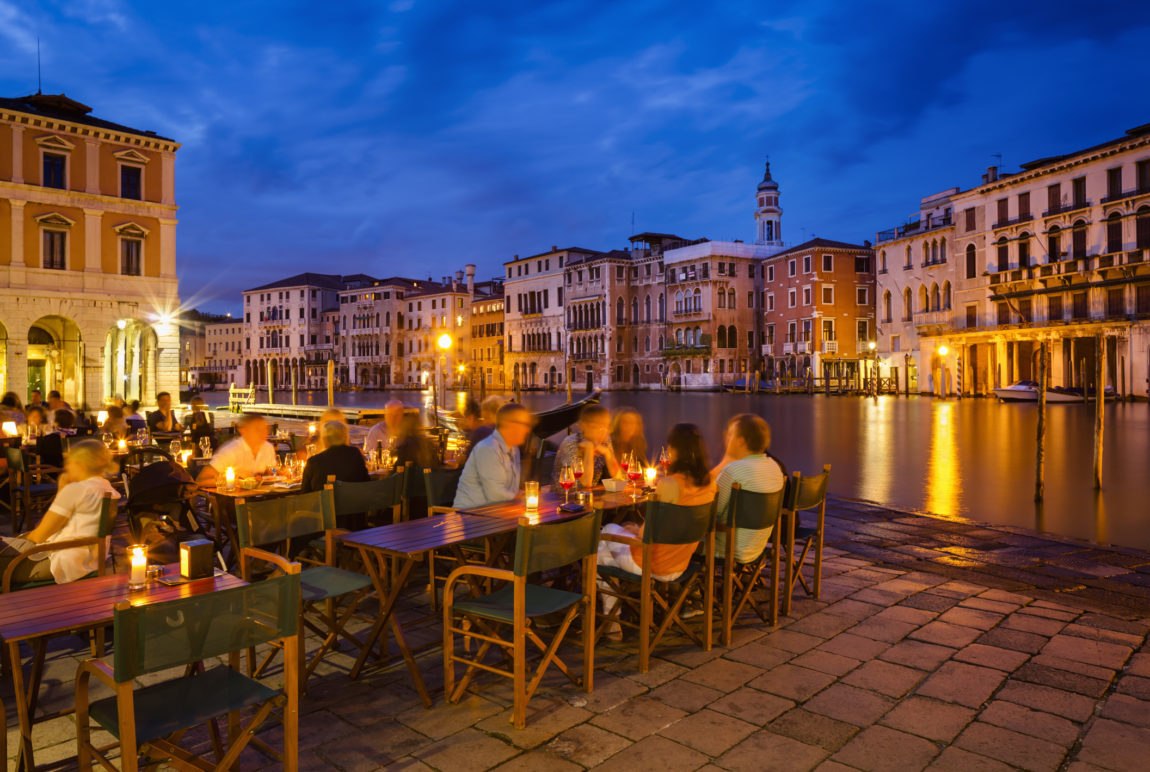Reading time: 5 minutes

First time heading to Europe? Fear not, for the good people at TID are here to help you explore this wonderful continent like a seasoned pro. Here are some of our top tips for travelling to Europe.
Driving in Europe At a cost of around AU$40, your IDP lasts for 12 months and can be used in conjunction with your Australian licence as a translation for local authorities. While you don't need an IDP to drive in the United Kingdom, most other European countries will require you to have one.If you're planning on road-tripping it through Europe, it's recommended that you pick up an International Driving Permit (IDP) from your local motoring club or association. It serves as a translation of your Australian driving licence, and can be purchased by anyone over 18 with a valid licence, including P-Plates. These include:
- Austria
- Belgium
- France
- Germany
- Greece
- Ireland (Republic of)
- Italy
- Netherlands
- Spain
- Switzerland
You can find a full list of countries that require you to have an IDP here. Remember, European countries (with the exception of the United Kingdom and the Republic of Ireland) drive on the right-hand side of the road, so you'll need to be especially cautious when you first start driving on the continent. Practise driving around a car park if possible to get used to finding the gear shift with your other hand. Also remember that you will need to cross oncoming traffic if turning left, as well as enter roundabouts in an anti-clockwise direction. While you're adjusting, feel free to drive in the slower, far right lane (the equivalent of the far left lane at home). If you're not comfortable driving, much of Europe is well-connected by train, meaning you can jump on in London and be in Paris in time for your first croissant of the day. Check out the Eurail Pass for a convenient way to explore the continent from your train carriage.
Tipping in Europe
 Photo credit Getty/Jorg Greuel
Photo credit Getty/Jorg Greuel
In Iceland as well as Scandinavian countries, tipping doesn't really happen - often the tip is built into your bill. Tipping in France depends on whether an establishment is "service compris", meaning that your tip is integrated into your bill. If you're unsure, have a look at what the other diners are doing.While tipping at a restaurant or cafe may seem foreign to many Australians, it's part and parcel of the culture in a number of European countries. At restaurants, the general rule is around 10 per cent for your server, or more if you've had a really great experience.
Electrical outlets
The nominal voltage in Australia is between 230-240 volts, making it similar to the UK. In Europe, the standard voltage is set at 230 volts, meaning that any 230-240 volt devices you bring from home should be safe to use. If you have a particularly low voltage appliance - such as 220 volts or below - it may be advisable to bring a voltage converter to avoid your hairdryer from meeting an untimely end. The UK and the Republic of Ireland both use a Type G plug with 3 pins, while most of Europe uses Type C/E/F plugs, which have two cylindrical pins. You'll need to bring adaptors to use any of your Australian devices in Europe.
Top apps for Europe travel Unless you picked up a European language in high school and you fancy this as your time to shine, it could be a good idea to bring some back up. While ye olde faithful phrase books still have merit, apps such as Google Translate can help you to find your way. The latest update includes an incredible real-time translation function where you can direct your smartphone's camera at text in various languages and see it translated immediately on the screen - amazing! In addition, you can put away bulky paper maps with a variety of navigation applications such as Citymapper and Google Maps can make life a lot easier when you're trying to find your hostel down some Berlin back street.